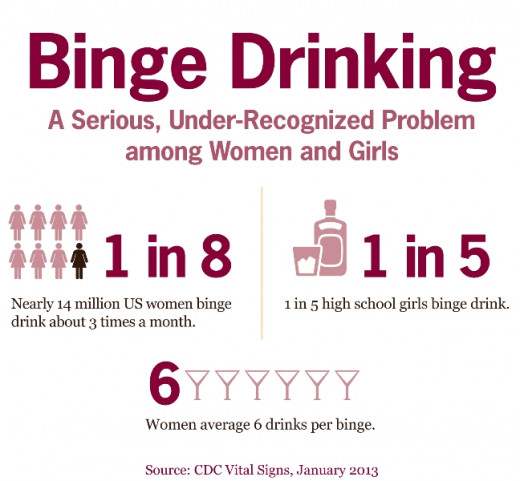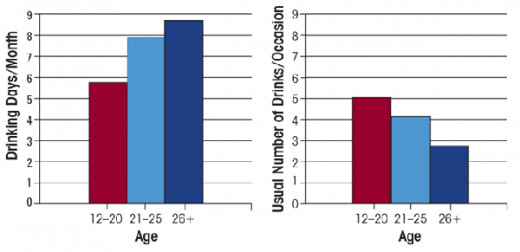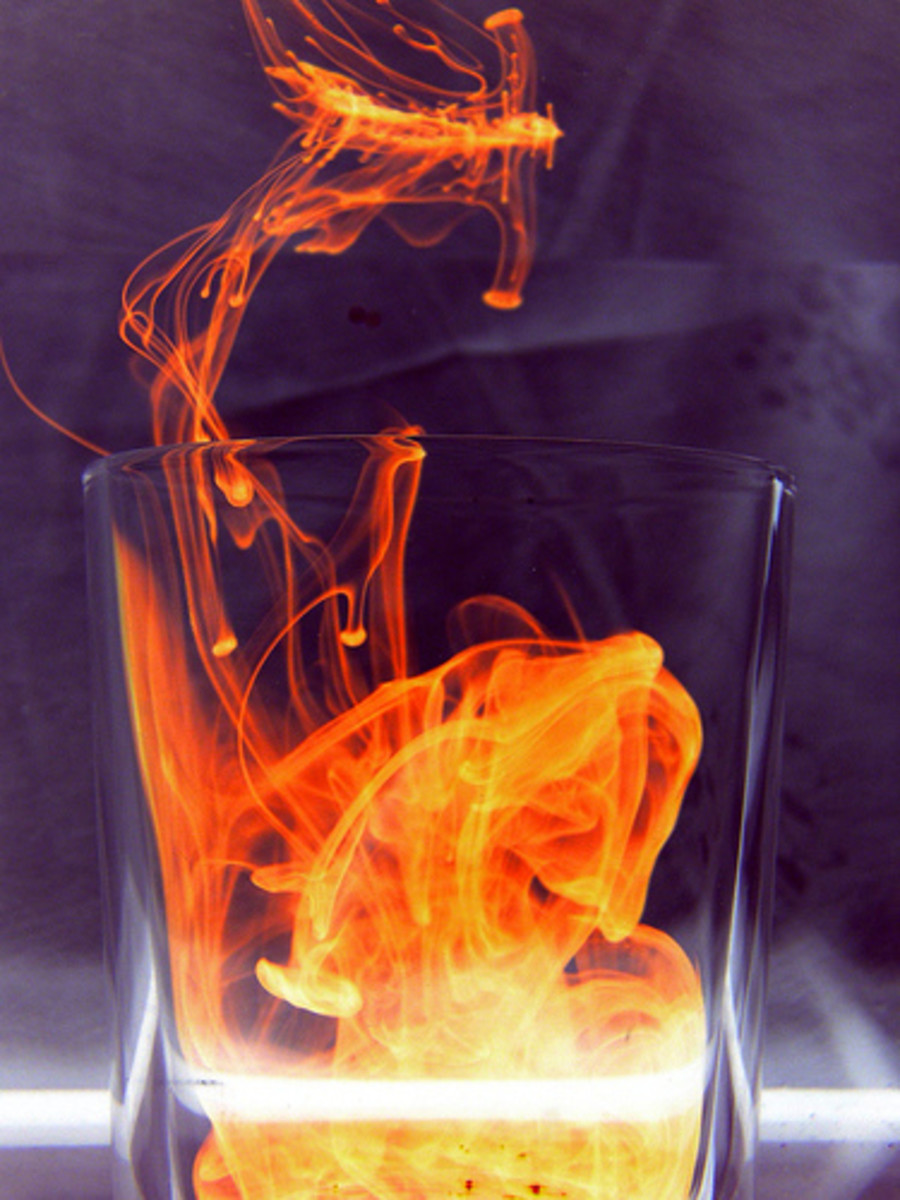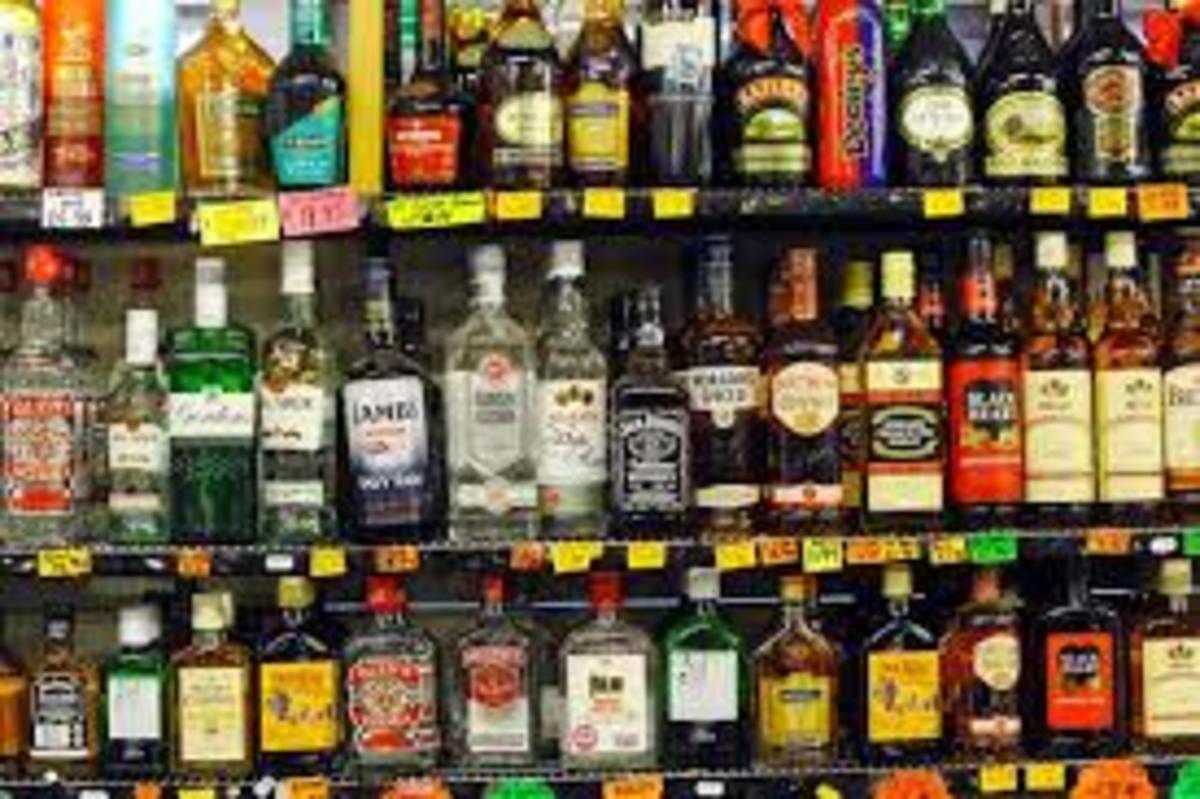- HubPages»
- Health»
- Mental Health»
- Addiction»
- Alcoholism
Alcohol Abuse and Alcoholism: signs and Symptoms of Alcohol Poisoning
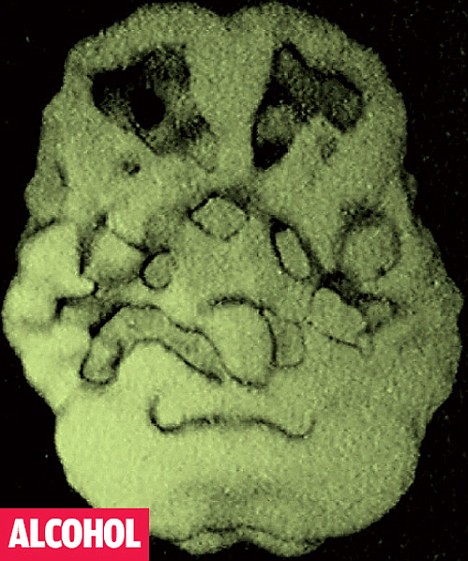
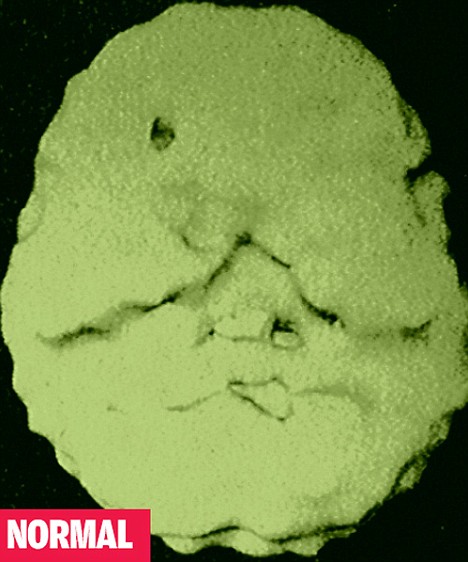
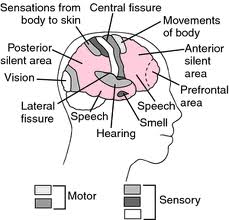
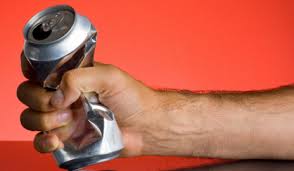
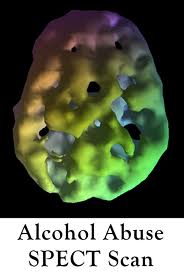
Alcohol Abuse and Alcoholism
Facts on alcohol abuse
Alcohol
Alcohol has been both our friend and our worst enemy since humankind first discovered fermentation in rotting fruits, and the ancient Sumerians brew their first batch of Hooch around 4000 BC.
Alcohol is a drug classed as a depressant, but it can also have a stimulant effect. Alcohol can influence the ability to think rationally, perceptions, the ability to react quickly in any given circumstances. It slows down vital function resulting in slurred speech and unsteady movement.
When we drink in excess, on a single occasion or over a period; alcohol interferes with the ways in which the body works. Alcohol abuse can have a damaging effect on many of the organs of the body.
In 2011 in the UK, 167,764 prescription items were dispensed for drugs for the treatment of alcohol dependency, the prescriptions were from primary care and NHS hospital or dispensed in the community, recent research shows an increase in people seeking help to give up alcohol.
However; government statistics shows, in 2011/2012 an estimated 1,220,300 admissions to hospital, related to alcohol consumption where an alcohol-related disease, injury or condition was the primary reason for admission or a secondary diagnosis due to alcohol abuse.
The NHS estimates that around 9% of men and 4% of women show signs of alcohol abuse. 1 in 4 children is growing up in homes where alcohol is abused. Alcohol dependency can increase the risk of developing hypertension, stroke, coronary heart disease and liver disease. An estimated 7 out of 10 people with alcoholic liver disease, have a problem with alcohol abuse, official figures show an extra 1000 patient are treated each year for alcohol-related liver damage in the UK, the majority of whom would not normally be regarded as alcoholics.
Individuals who abuse alcohol can develop anxiety, depression and suicidal feelings. This is because regular heavy drinking can affect the neurotransmitters in the brain that are required for good mental health.
Alcohol can ruin lives, and it can take lives; we were sadly reminded of that fact a few days ago, as we read about the 31-year-old actor Cory Monteith from the popular TV show Glee who died of an overdose of drug and alcohol. The young actor relapsed after completing his second visit to rehab. Friends and loved ones watched helplessly, unable to prevent what they feared the most.
In the U K, 46 years old ex-footballer Paul Gascoigne (Gazza), recently hit the news yet again when he spectacularly relapsed into an alcoholic binge. A Twitter user who witnessed Gascoigne's fall from the wagon wrote; “Just seen one of the saddest sights, a drunk Gazza, @piersmorgan if you can reach out to him or his friends, please do, he still needs help.”
Gascoigne's family and friends are desperately trying to find a way to help the troubled former footballer to give up the alcohol for good. But is it possible to help someone who apparently doesn't seem to want to stop his abuse of alcohol?
A few months ago, Gascoigne flew to America to receive treatment for his addiction to alcohol; the trip was paid for by a group of his Celeb friends. Gazza's friends knew the odds were against the footballer but felt it was worth trying. Gazza was reported to have had a bad reaction to the detox treatment and was admitted to hospital for observations. However, he was soon seen having a drink in a bar in the U S.
In a BBC TV interview, Gazza was asked about parallels between himself and George Best, another talented footballer who also struggled unsuccessfully to control his addiction to alcohol, but sadly died from years of alcohol abuse at the age of 59, in 2005. Gazza responded by saying that he did not believe George Best wanted to stop drinking, about himself, Gazza said, he had tried so hard to stop, he went on to say, “ I didn't ask to be an alcoholic, but I must admit I worked on it. I went to any lengths to get my drink; I'll go even further to stay sober.”
Unfortunately, Gazza's struggle with the demon drink continues. So, are some people who abuse alcohol beyond help?
One of the main issues facing researchers looking into alcohol dependency is how to reduce the high rate of relapse among drinkers who are undergoing treatment.
A study supported by the National Institute of Health (NIH) has found distinct patterns of brain activity linked to greater rates of relapse among alcohol dependent patients in early recovery. This research may help to identify which individuals undergoing recovery treatment from alcoholism, are most likely to relapse and return to drinking and which ones are less likely to do so.
Researchers at the University of California, San Francisco, did studies on rats and found that disrupting memories linked to past drinking may reduce alcohol relapse, this is done by blocking a pathway in the brain linked to memories and learning.
The researchers exposed rats to a choice of water or a mixture of water and 20% alcohol for a seven week period. The rats were trained to press a lever to receive alcohol and developed a strong preference for the alcohol over a period of time. The alcohol was removed from the rats, and after ten days they were given a small drop of alcohol to awaken their memories of the alcohol.
Some of the rats received the drug rapamycin, which inhibit Mammalian target of rapamycin complex 1 (mTORC1). The rats receiving the drugs were found to be less likely to press the alcohol lever over a two week period.
One of the main reason alcoholics who are undergoing treatment relapse is believed to be due to cravings triggered by the memory by certain cues such as, the smell or taste of alcohol, or entering a drinking establishment.
Effects of Alcohol on The Brain
Alcohol interferes with the brain's communication pathways, affecting the way the brain look and works.
Brain damages caused by alcohol varies from one person to another, consuming large amounts of alcohol can shut down blood vessels to reduce perfusion or blood supply to the brain, causing the death of brain cells.
The death of cells occurs particularly in the prefrontal cortex of the brain that carries out what is referred to in psychological term as “executive functions,” and include:
-
Focusing attention
-
Problem solving
-
foreseeing and weighing up the possible consequences of behaviour
-
Forming strategies and planning
-
Considering the future and making predictions
-
Ability to balance short-term rewards with long term goals
-
Adjusting behaviour when situation change
-
Impulse control
-
Modulation of intense emotions
-
Inhibiting inappropriate behaviour and initiating appropriate behaviour
-
Simultaneously considering multiple streams of information when faced with complex, challenging information
Dr Daniel G. Amen, MD, Clinical Neuroscientist and Brain Imaging Specialist, has been using SPECT scanning technology to assess brain activity in people with psychological problems and found that the most common similarity among drug and alcohol abusers is that the brain has an overall toxic look to it. The scans in this study look less active, more shrivelled and overall, less healthy.
Studies show that heavy alcohol abuse can impair the critical mechanism for recovering from trauma, and may cause an increased risk for post-traumatic stress disorder (PTSD). Personally; I believe at this time, when many young soldiers who are not known for their teetotal lifestyle, are taking their own lives after leaving the forces, this type of research can be very far reaching in so many ways.
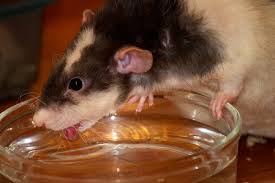
Alcohol Abuse in the US
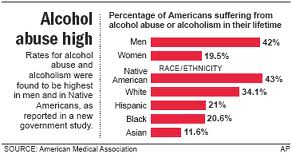
Signs and Symptoms of Alcohol Abuse
Long-term effects of alcohol
-
Disrupts normal brain development
-
Liver damage and cirrhosis of the liver
-
brain cells die, reducing brain mass
-
Stomach and intestinal ulcers
-
Hypertension, heart disease, and stroke
-
Reduced sperm count in men
-
Anemia from lower levels of iron and vitamin B
-
Alcoholism
-
Death
-
Fetal alcohol syndrome in the unborn child
Symptoms of alcohol abuse
It is not always obvious when an individual's drinking habit has crossed over from social to problem drinking. Alcoholism is a progressive disease in which the effects of alcohol drinking becomes more severe over time.
Someone who needs alcohol to cope or to avoid feeling bad is potentially in danger. Early signs of a problem can progress to show symptoms of alcohol abuse; if drinking alcohol continues, symptoms of dependency or alcoholism will be seen. The process happens gradually, so it's important to recognize the warning signs that include:
Early Signs of Alcohol Abuse
-
Frequent intoxication
-
An established pattern of heavy drinking
-
Drinking in dangerous situation such as driving
-
Black-out drinking
-
Drastic change in demeanor while drinking (becoming angry and violent)
Short Term Effects of Alcohol
in Low Doses
-
Relaxing effect
-
Reduce tension
-
Lower inhibitions
-
Poor concentration
-
Slow reflexes
-
Reduce coordination
-
Slow brain activity
-
Sensations and perceptions are less clear
In Medium Doses
-
Slurred speech
-
Sleepiness
-
Disruption of sleeping pattern
-
Altered emotions
-
Poor vision
-
Increased production of urine
-
Increased blood flows to skin surface
-
Lower core body temperature
In high doses
-
Vomiting
-
Uncontrolled bladder
-
Uncontrolled bowel
-
Problem breathing
-
Black-out
-
Alcohol poisoning
-
Coma
-
Possible death
Why Do You Drink Alcohol
Are you concerned about the amount of alcohol you consume ? Do you:
Conclusion
Alcohol is a drug that can affect your mood, it can damage the body's organs and have an adverse impact on health especially in the long term.
There are many reasons why we drink alcohol, it makes us feel good, less inhibited, we use it to celebrate and to commiserate, it helps us unwind after a tough day at the office. Psychologist tells us that we drink to escape the self.
However; regardless of the reasons why we drink, Alcohol always takes away much more than it gives, when taken in excess, it can cause devastation not only to the drinker but also to family and friends, alcohol ruin lives, it can kill.
